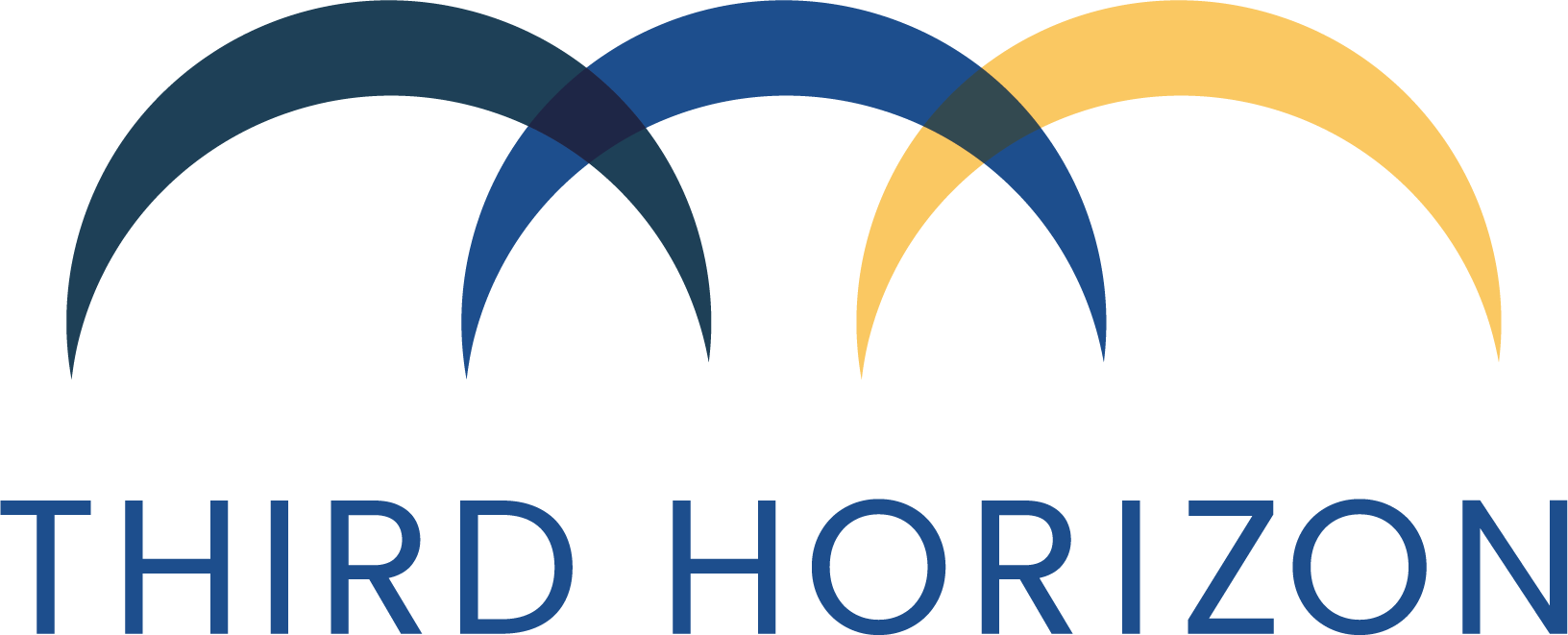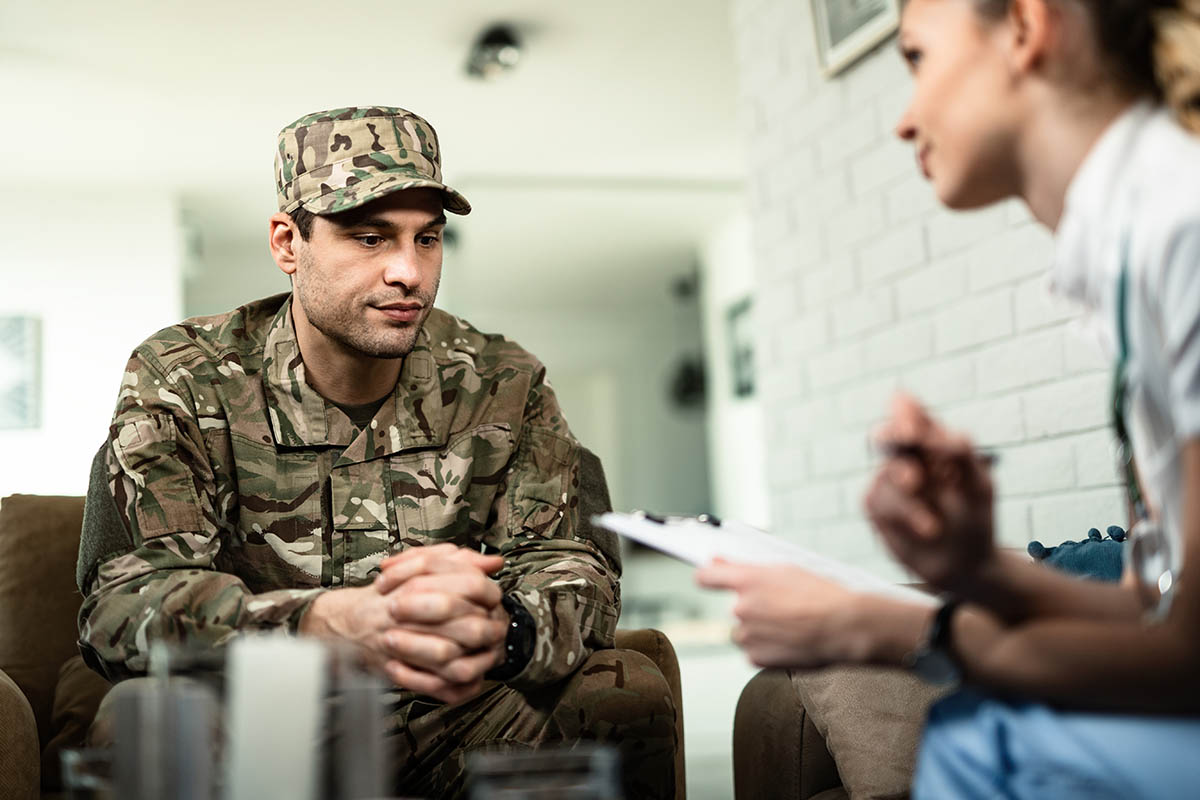Our nation’s behavioral health care delivery system continues to struggle to meet the dire needs of veterans and active-duty military members. Last year, the Government Accountability Office reported that the number of veterans seeking mental health services from the Department of Veterans Affairs (VA) increased by 90 percent over the past decade. Of those who received care from the VA in fiscal year 2018, one-third “had at least one diagnosed mental health condition; post-traumatic stress disorder (PTSD), and anxiety are among the most common.”
While combat related PTSD has become increasingly recognized, veterans are also at unique risk of transition stress. Transition stress encompasses numerous issues facing transitioning military veterans, such as loss of purpose and sense of identity, difficulties securing employment, conflicted relationships with family and friends, and other general challenges adapting to post-military life.
As veterans return to civilian life, they may experience stigma around help-seeking, or they or their families may not recognize that they need behavioral health care. In some cases, they live too far from their local VA health care facility or can’t access services in a timely way. These barriers to care can be life threatening. Approximately 17.6 veterans die by suicide each day; only 6.5 of whom recently used VA services, according to the 2020 Veteran Suicide Prevention Annual Report.
President Joe Biden acknowledged the need to improve health and mental health services for veterans during his March 2022 State of the Union address. His “Strategy to Address Our National Mental Health Crisis” includes two policy solutions that provide hope for improving services for veterans both within and outside of the VA.
Want more daily health intelligence from Third Horizon Strategies? Sign up for Tea Leaves – a free daily newsletter capturing a rundown of the most important health industry activity!
Improve veterans’ access to same-day mental health care through the VA
Biden proposed that the VA will reduce barriers to mental health access by “fully implementing” their Primary Care Mental Health Integration (PC-MHI) and Behavioral Health Interdisciplinary Program, which connects veterans to same-day mental health care, and improve the integration of these services into primary care settings. To date, the PC-MHI program has demonstrated improved access to outpatient care.
The PC-MHI involves a multi-disciplinary team in which psychologists, licensed clinical social workers, and nurse care managers work alongside primary care providers to address veteran behavioral health needs. The VA requires its hospitals and community-based outpatient clinics—primary care sites that serve as satellite clinics for large VA campuses—to have a full-time PC-MHI staff on site if they see more than 10,000 patients a year.
Currently, quality of care varies considerably across VA facilities and providers do not universally utilize best practices. The Biden administration will likely seek to expand PC-MHI to additional locations and work towards more uniform quality standards in its efforts to “fully implement” the program.
Expand the Certified Community Behavioral Health Clinics (CCBHC) model
There are currently more than 430 CCBHCs operating in the United States, including those certified by states under Section 223 of the Protecting Access to Medicare Act (PAMA) CCBHC Demonstration Program, which provides clinics enhanced Medicaid reimbursement through a Prospective Payment System (PPS), and those receiving CCBHC Expansion grants from SAMHSA. However only 10 states have been able to participate in the Demonstration Program. President Biden proposed making the program permanent while granting states funding to expand CCBHCs. CCBHCs have extensive requirements to provide culturally competent, clinically appropriate community behavioral health services to veterans and members of the Armed Forces, “particularly those Armed Forces members located 50 miles or more (or one hour’s drive time) from a Military Treatment Facility (MTF) and veterans living 40 miles or more (driving distance) from a VA medical facility, or as otherwise required by federal law.”
CCBHCs also must coordinate care with the VA, with formal agreements in place.
National research has shown that CCBHCs have dramatically increased access to mental health and substance use disorder treatment, expanded states’ capacity to address the overdose crisis, and established innovative partnerships with law enforcement, schools, and hospitals to improve care, reduce recidivism, and prevent hospital readmissions.
The administration and Congress should act quickly to support these two potentially transformative policy solutions to increase access to care for veterans and members of the Armed Forces.
In addition, there is the need for more extensive training among behavioral health professionals about the unique needs of veterans and members of the Armed Forces, and the military’s culture. In my work facilitating a learning collaborative with a group of CCBHCs who are going to great strides to increase their knowledge and understanding while enhancing clinical services for these target populations, I have found that the SAMHSA Service Members, Veterans, and their Families Technical Assistance (SMVF TA) Center is a great resource. I believe increased awareness of SMVF TA’s resources among health and behavioral health providers would be beneficial. Contact me if you want to learn more!


